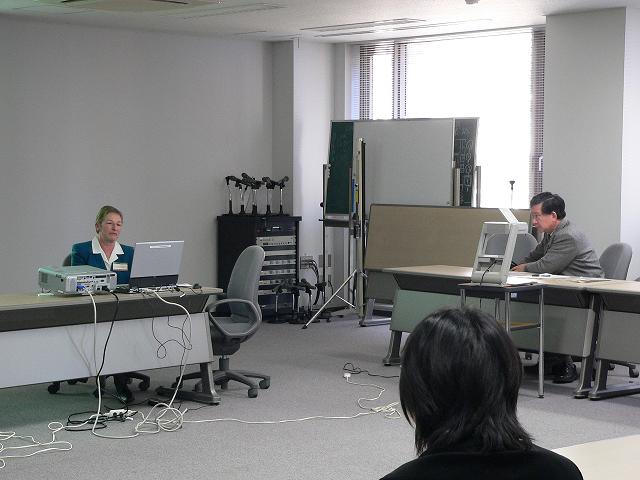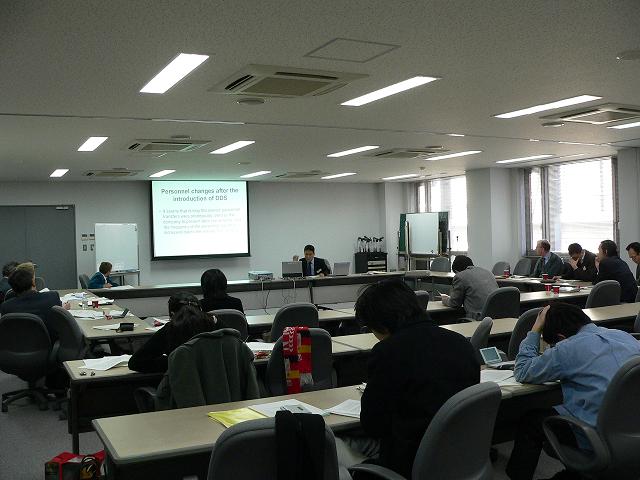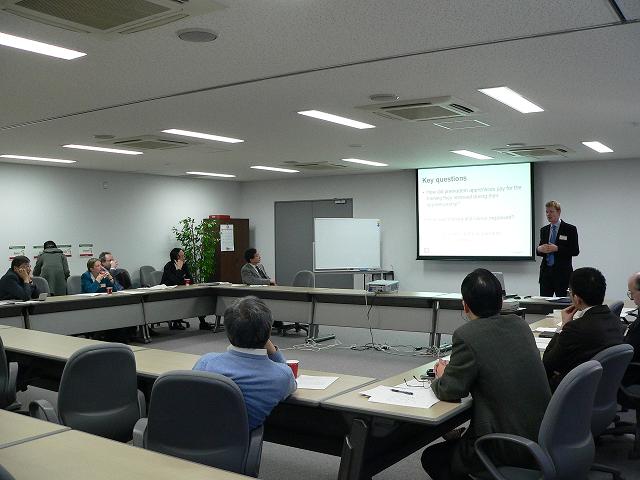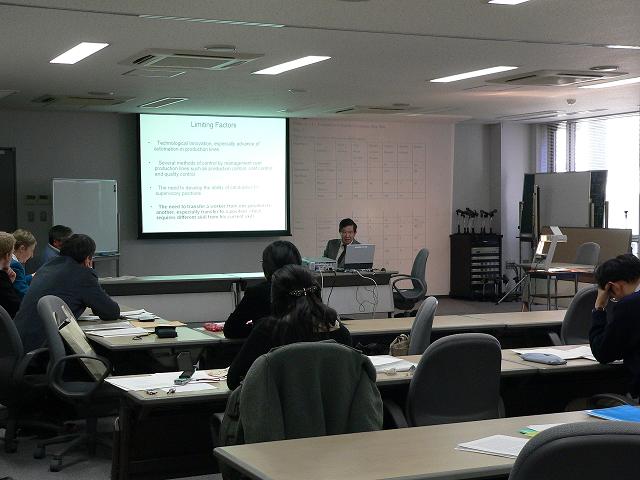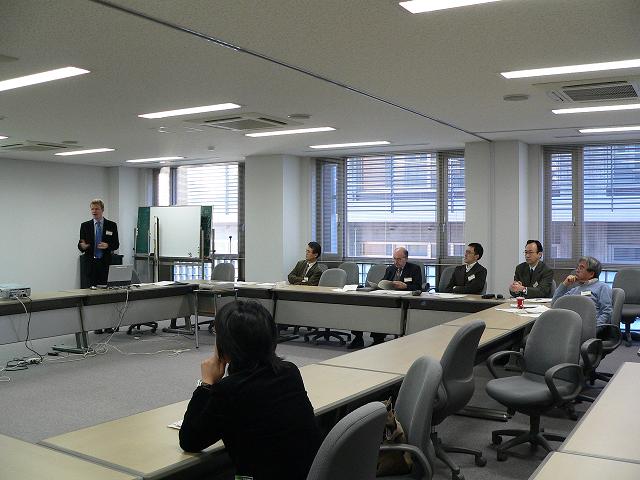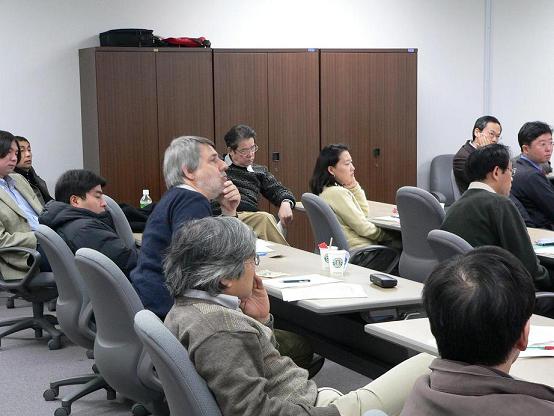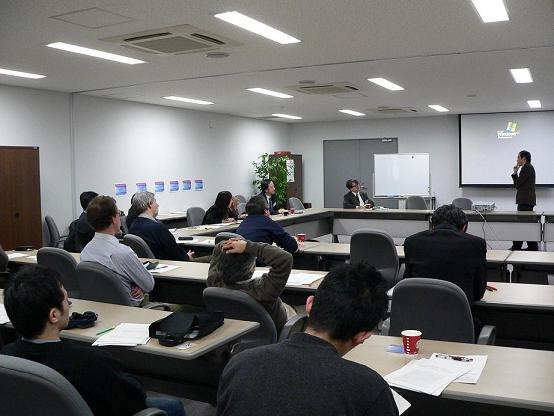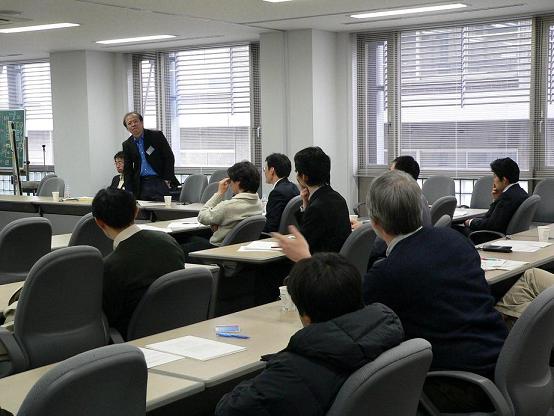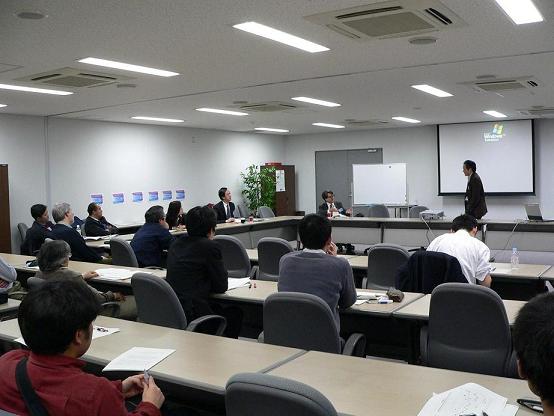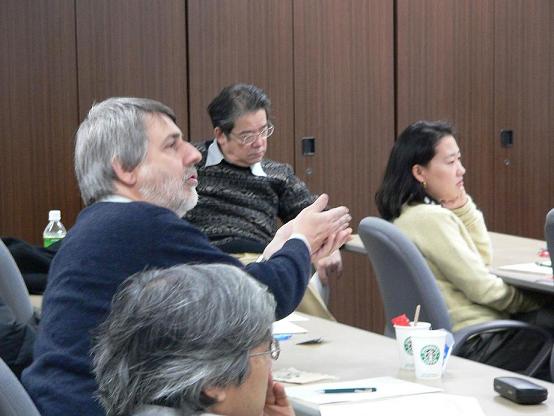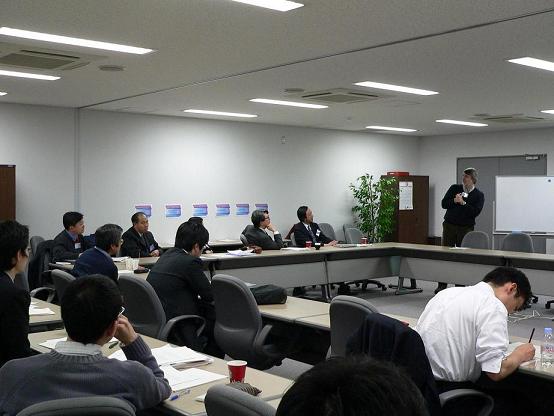CIRJE Conferences 2006
- University of Tokyo-London School of Economics Conference on Economic History(London School of Economics/University of Tokyo) December 18, 2006
- University of Tokyo COE-CIRJE Conference "Markets and Organizations in Ecnomic Developlement" (University of Tokyo) December 14, 2006
- 2006 Three-Country Conference "Corporate Governance in East Asia" (University of Tokyo/College of Business Administration, Seoul National University/Guanghua School of Management, Peking University)) November 17, 2006
- University of Tokyo, University of Southern California Conference on Economic Dynamics in Honor of Edward Prescott (University of Tokyo/University of Southern California) November 2 and 3, 2006
- Workshop on Global Stock Market History in the Twentieth Century (University of Tokyo) July 25, 2006
- Current Issues in Economic Policy III(Seoul National University/CIRJE) May 23, 2006
University of Tokyo-London School of Economics
Conference on Economic History
- Organizers:
London School of Economics
Faculty of Economics, University of Tokyo - December 18, 2006
- Venue: Meeting Room, Faculty of Economics, University of Tokyo
- Conference Program
The University of Tokyo (UT) and London School of Economics and Political Science (LSE) have just launched a series of economic history conferences. The first conference was held at the University of Tokyo on December 18, 2006. Four papers on the history of formation and management of human capital were presented. From LSE, Professor Stephan Epstein presented a paper on the "European Technological System," which emerged in the thirteenth century, and Professor Patrick Wallis presented a paper on the role of apprenticeship in human capital formation in early modern Europe. These papers provide new interpretation of apprenticeship. From the University of Tokyo, Professor Tateshi Mori and Professor Hisashi Nakamura, presented papers on the human resource management at Yawata Steel Co. in postwar Japan, and the organizational and personnel reform at Nippon Railways Co. in prewar Japan, respectively. As the four papers were closely related each other, the participants gave useful comments and discussions from comparative historical perspectives each other.
University of Tokyo COE-CIRJE Conference
"Markets and Organizations in Ecnomic Developlement"
- Organizer:
Faculty of Economics, University of Tokyo - December 14, 2006
- Venue: Meeting Room, Faculty of Economics, University of Tokyo
- Conference Program
As a part of the COE program, "Research Center for the Relationship between Market Economy and Non-market Institutions," we held an international conference, "Markets and Organizations in Economic Development" on December 14, 2006. In order to disseminate research outputs of the COE program, five COE members made their presentations on topic ranging from general equilibrium theory to quantitative assessments of Japanese monetary policy during the pre-war period. Together with discussants invited from outside and inside Japan, we had very active academic interactions.
2006 Three-Country Conference "Corporate Governance in East Asia"
- Organizers:
Faculty of Economics, University of Tokyo
College of Business Administration, Seoul National University
Guanghua School of Management, Peking University - November 17, 2006
- Venue: Meeting Room, Faculty of Economics, University of Tokyo
- Conference Program
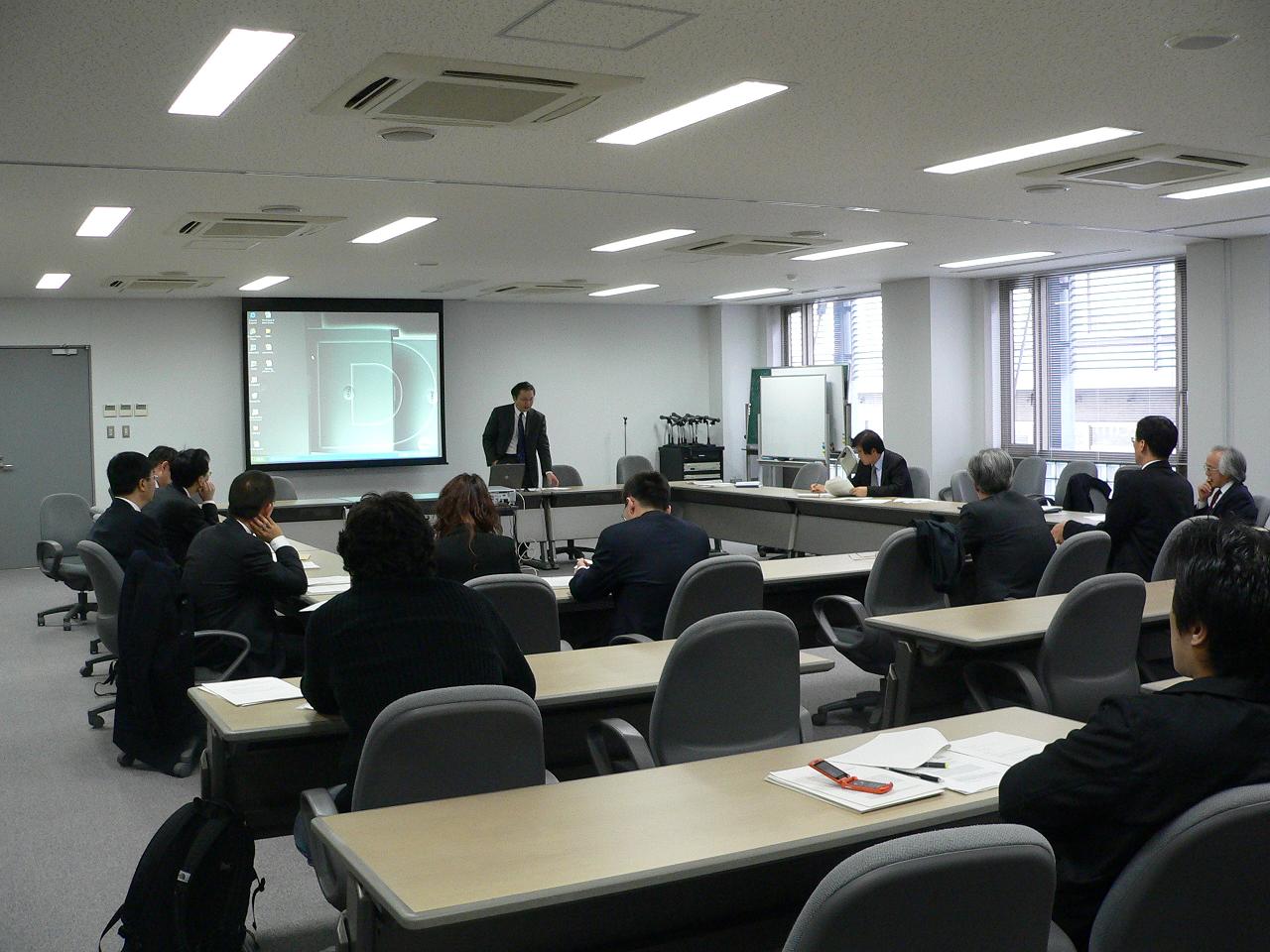
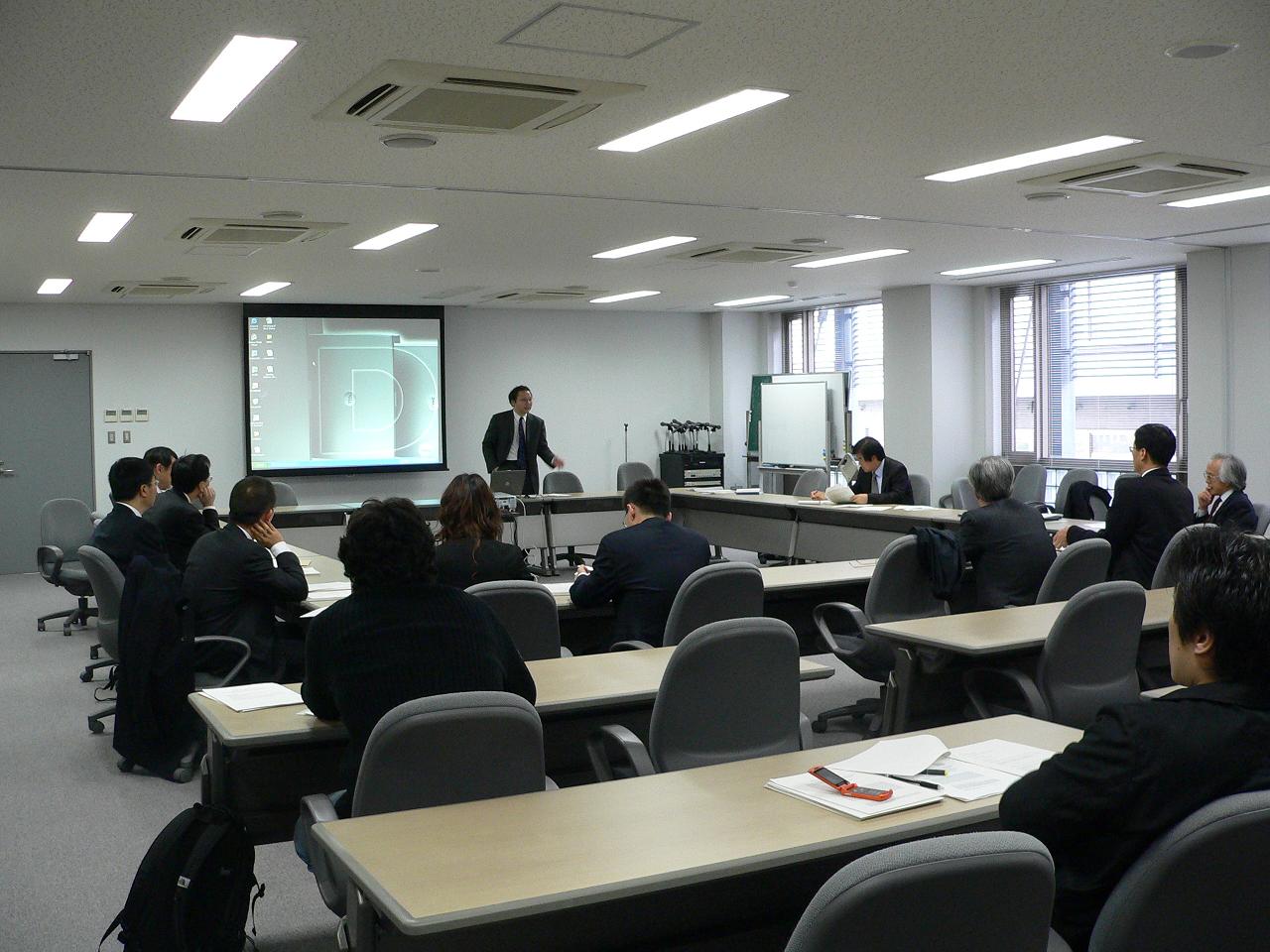
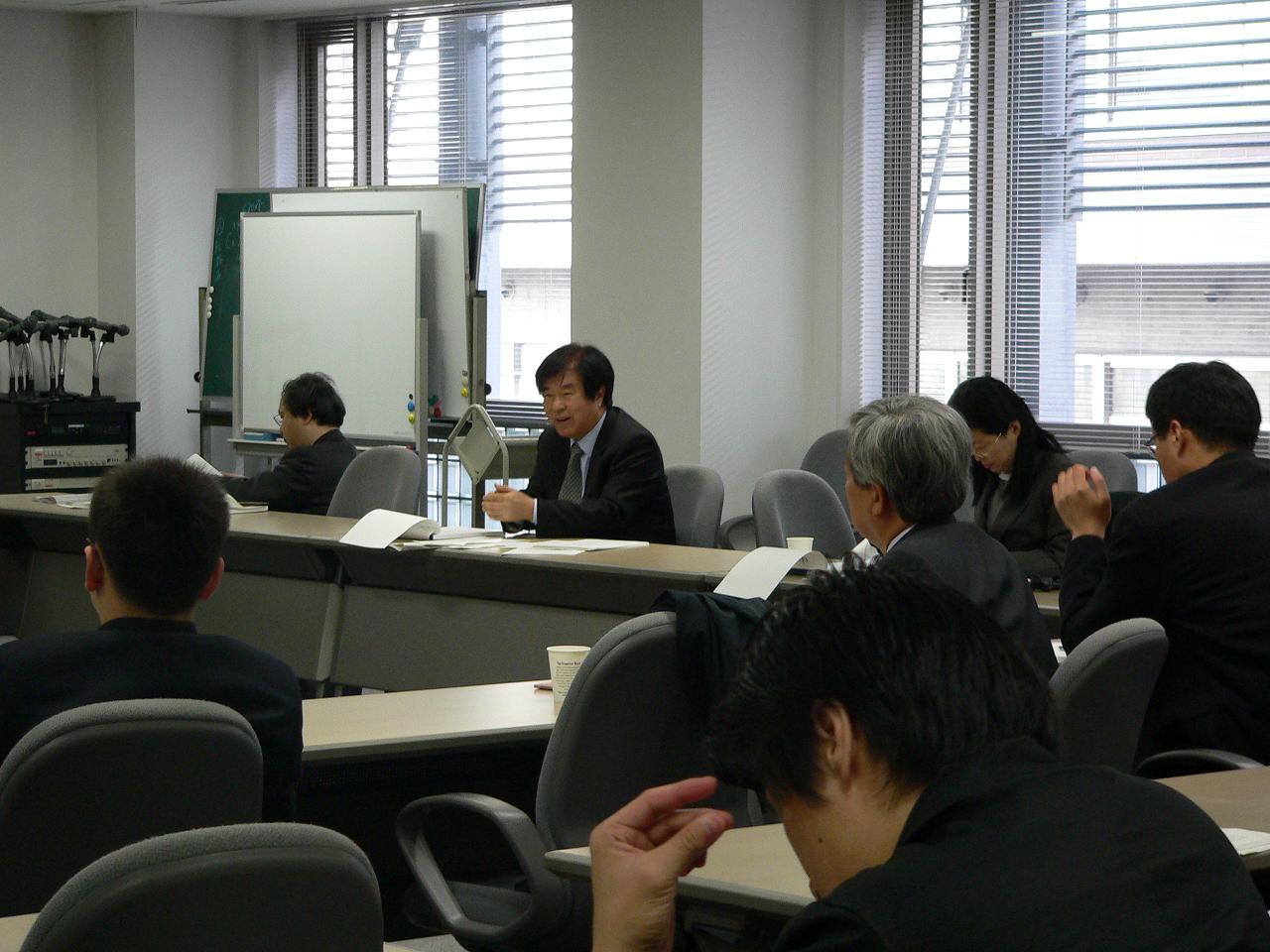
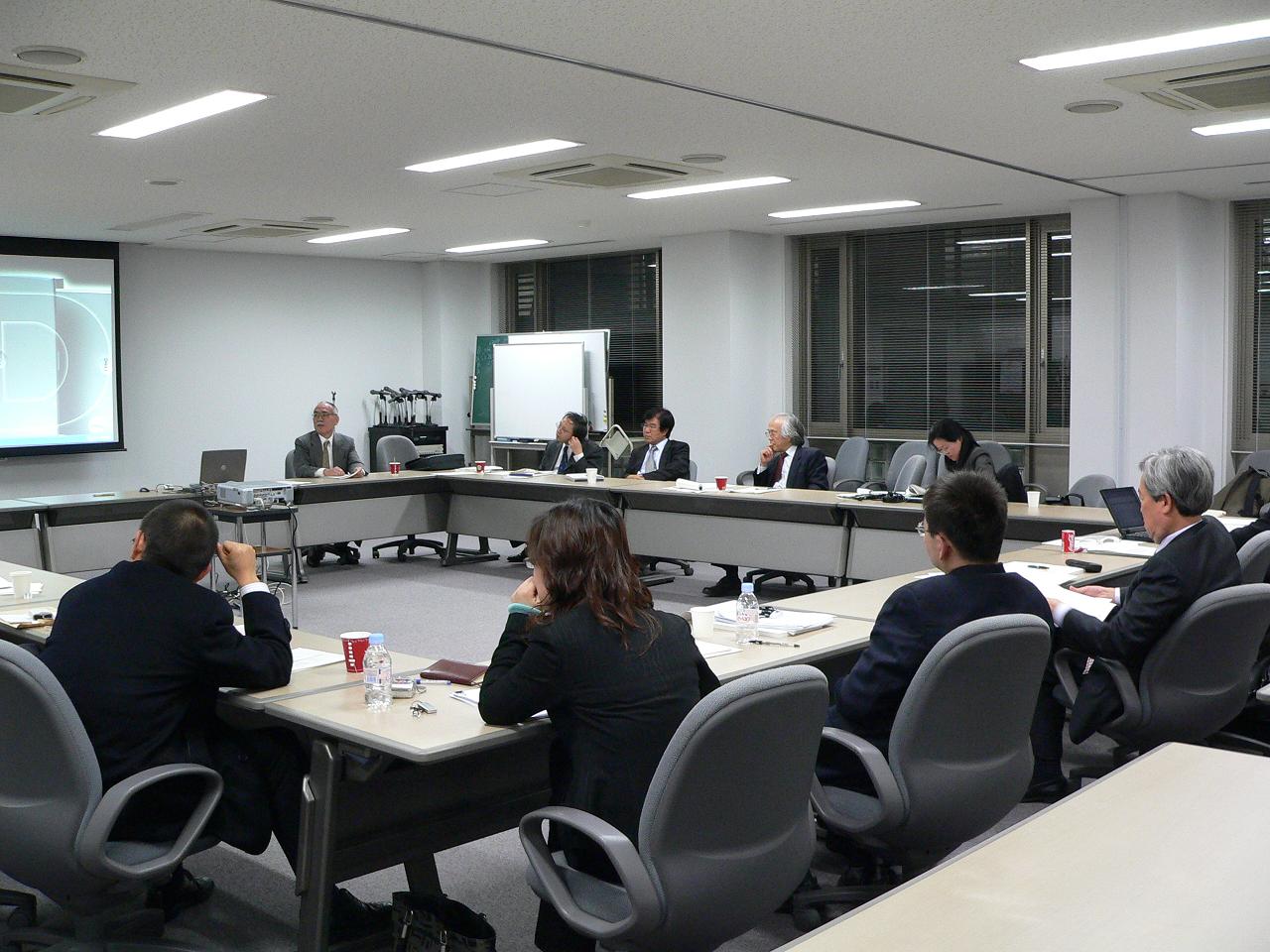
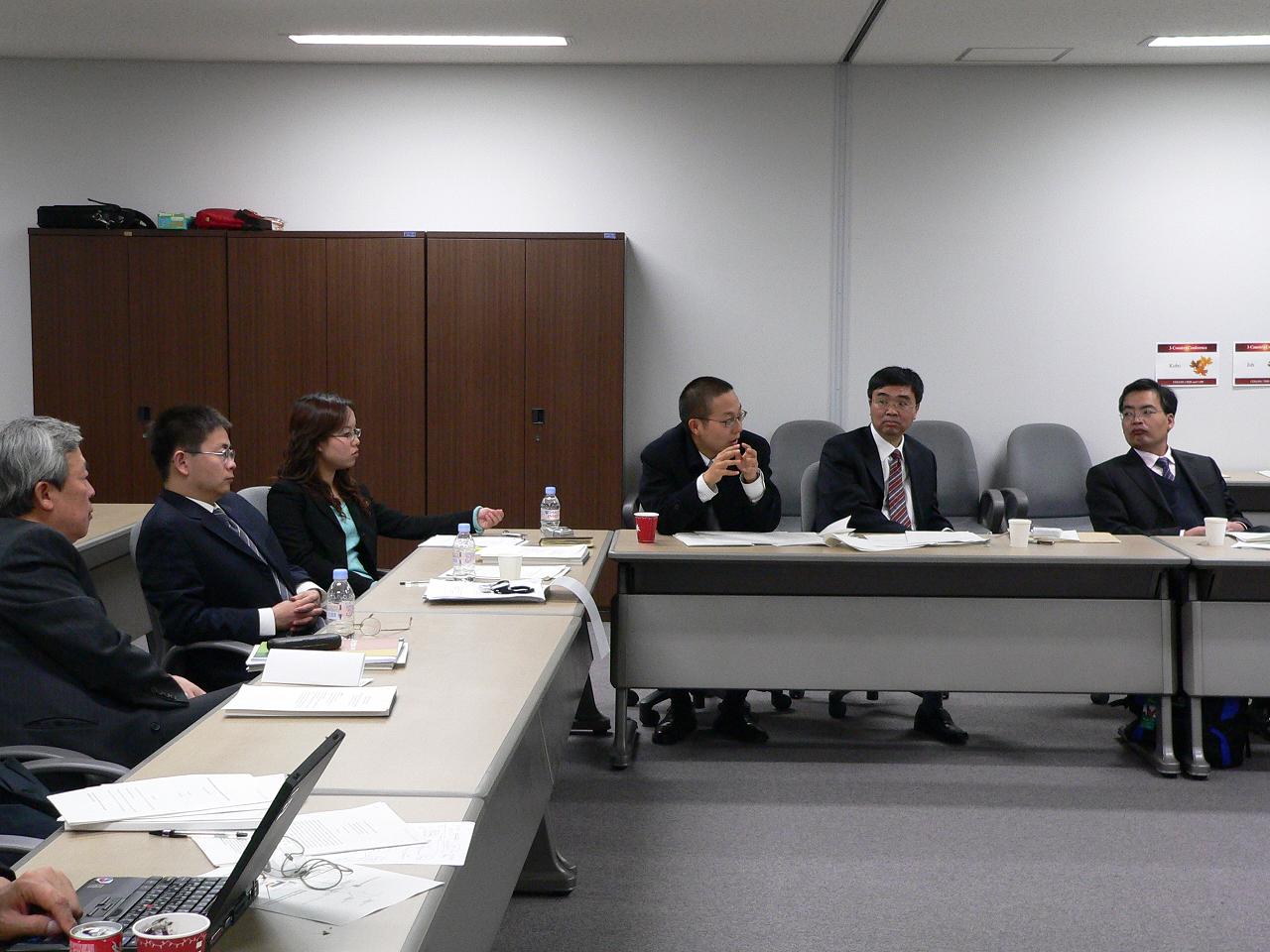
"Three-Country Conference" is annual conference series jointly organized by Faculty of Economics, University of Tokyo, College of Business Administration, Seoul National University, and Guanghua School of Management, Peking University. In the conference series, we discuss various topics on financial markets in East Asia. The Center for International Research on the Japanese Economy (CIRJE), jointly with the Center for Advanced Research in Finance (CARF) and the Research Center for the Relationship between Market Economy and Non-market Institutions (COE program), supports this conference series. The 2006 Three-Country Conference was held on November 17th (Friday), 2006 at Faculty of Economics, University of Tokyo. The theme was "Corporate Governance in East Asia". We had five participants from China, four from Korea, and eight from Japan. Six excellent papers were presented at the conference. We had very fruitful discussions on current and future of corporate governance in East Asia and its impacts on financial markets in East Asia.
University of Tokyo, University of Southern California Conference on Economic Dynamics in Honor of Edward Prescott
- Organizers:
CARF, The Center for Advanced Research in Finance
CEMANO, "Center for the Research on Relationship between Market Economy and Non-Market Institutions"
(Ministry of Education COE Program Grant)
CIRJE, The Center for International Research on the Japanese Economy
The Marshall School of Business, University of Southern California - November 2 and 3, 2006
- Venue: Meeting Room, Faculty of Economics, University of Tokyo
- Conference Program
On November 3 and 4, 2006 the Faculty of Economics at the University of Tokyo and the Marshall School of Business at the University of Southern California cohosted a conference to honor Edward C. Prescott who shared the 2004 Nobel prize in Economics with Finn Kydland. Funding for the conference was provided by CARF, CIRJE, CEMANO and the Marshall School of Business.
Professor Prescott has been conducting research on the Japanese economy for over 15 years. The output of his research has appeared in leading economics journals such as the Journal of Political Economy, and also in books. Professor Prescott has been a regular visitor to CIRJE at the Faculty of Economics since 2000 and has been actively interacted with both faculty and graduate students in the Faculty of Economics.
The purpose of the conference was to recognize his contributions to the Faculty of Economics, our understanding of the Japanese economy and economics more generally.
The papers at the conference spanned some of the principal topics of Professor Prescott's current and previous research.
In finance one of the leading empirical regularities is the "Equity premium puzzle." This puzzle which, refers to the surprisingly large excess return on equity relative to long-term government bonds, was first documented by Rajnish Mehra and Edward Prescott in 1985. Professor Krueger of Goethe University and the University of Pennsylvania provided a set of conditions under which idiosyncratic non-diversifiable risk was irrelevant for the size of the equity premium. Professor Prescott then gave a presentation that argued why he thinks that the equity premium puzzle is no longer a puzzle for economic theory.
In previous research Finn Kydland and Edward C. Prescott developed a new methodology for analyzing business cycles. Resesarch presented by Julen Esteban-Pretel, Edward Green, Nobu Kiyotaki, Vincenzo Quadrini and Mark Wright used this methodology to investigate a wide range of topics including the dynamics of the labor market in Latin American economies, to the response of establishments and firms to shocks to housing and aggregate activity.
One theme underlying much of Professor Prescott's research has been the important role played by technology shocks in understanding economic activity. Technology shocks played an important role in understanding saving rates in Japan and the United States in research presented by Douglas Joines and Ayse Imrohoroglu. However, research presented by Victor Rios suggested that previous conclusions about the importance of technology shocks may not be robust to the specification of the production technology.
Finally, Professor Prescott's research has emphasized the role of tax distortions on labor for understanding international differences in per capita GDP. An alternative explanation asserts that differences in product market regulations are more important. Richard Rogerson found that household labor supply must be elastic if product market distortions are to account for a substantial fraction of international income differences.
Workshop on Global Stock Market History in the Twentieth Century
- Organizers: Leslie Hannah, Masanao Ito, Tetsuji Okazaki, Kazuo Wada
- July 25, 2006
- Venue: Meeting Room, Faculty of Economics, University of Tokyo
- * This workshop is supported by the Grant-in-Aid for Creative Scientifc Research, provided by Japan Society for the Promotion of Science (JSPS).
- Conference Program
The workshop brought together global specialists in the history and economics of stock exchanges from a wide variety of countries to discuss the development of stock exchanges in the twentieth century. Introductory papers presented by Professor Herrigel (Chicago) and Professor Michie (Durham) set the scene with statements of the problems of corporate governance and the political interactions in global stock exchange developments. Two strong themes emerged in the remaining papers. One was that the dichotomies in the literature between bank-based systems and Stock Exchange-based systems are not helpful. Banks and stock exchanges are complementary as well as competing systems in the finance of nonfinancial enterprises. Banks, for example, played a large part in the historical development of a strong Stock Exchange in Germany, traditionally considered a strongly bank-based country, while Japan has also had periods of extensive reliance on stock exchange finance. Another theme was that hindsight has been too extensively used to characterise the past, with the result that important historical discontinuities have been missed. For example, the stock exchanges of St Petersburg, Brussels and Johannesburg (analyses of Brussels were made by Hans Willems (Antwerp) and of St Petersburg by Professor Borodkin (Moscow State University) were very well developed by some measures, such as the quotation of local equities in 1900, while New York was then surprisingly small relative to the size of the economy it served. On the issue of investment quality certification, Patrick Fridenson (EHESS, Paris) described the advanced securities research conducted by France's Credit Lyonnais from the late nineteenth century onwards, while Leslie Hannah (University of Tokyo) questioned De Long's evidence that US firms with Morgan directors on the board performed better than other American or British companies. Carsten Burhop (Muenster) showed the role of German banks in developing IPOs in a well-regulated Berlin market before World War One, comparing this with the slower postwar development of IPOs in Frankfurt. Lyndon Moore (Wellington, New Zealand) showed that the post-World War One disruption to global securities market integration was particularly noticeable for Germany and the former Austro-Hungarian Empire, but its effect had been exaggerated elsewhere, and some of the other papers also showed later developments rather than the war weakening stock exchange finance. A cross section of the world's hundred largest firms in 1912 by Peter Wardley (West of England) showed Britain and the USA leading in the quotation of giant enterprises, with France closely following and Germany lagging. This pattern is different from that sometimes described: a result partly of Chandler's mistaken descriptions of national differences among industrial enterprises and partly of the fact that before World War One service enterprises (particularly banks and railways) dominate the giant enterprise lists. A number of useful collaborative discussions about future joint research were usefully developed by the participants
Current Issues in Economic Policy III
Seoul National University and University of Tokyo
- May 23, 2006
- Venue: Seoul National University
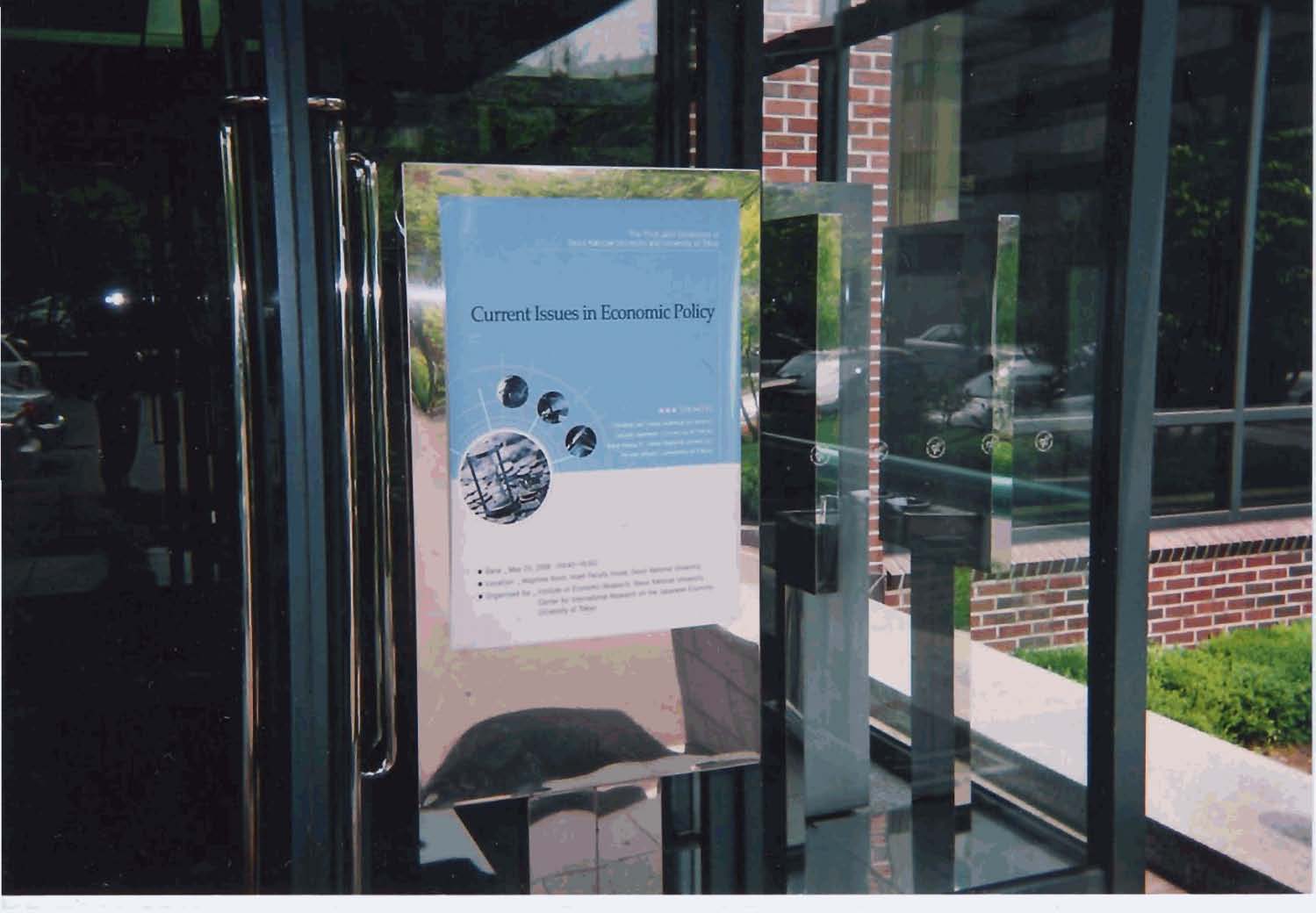
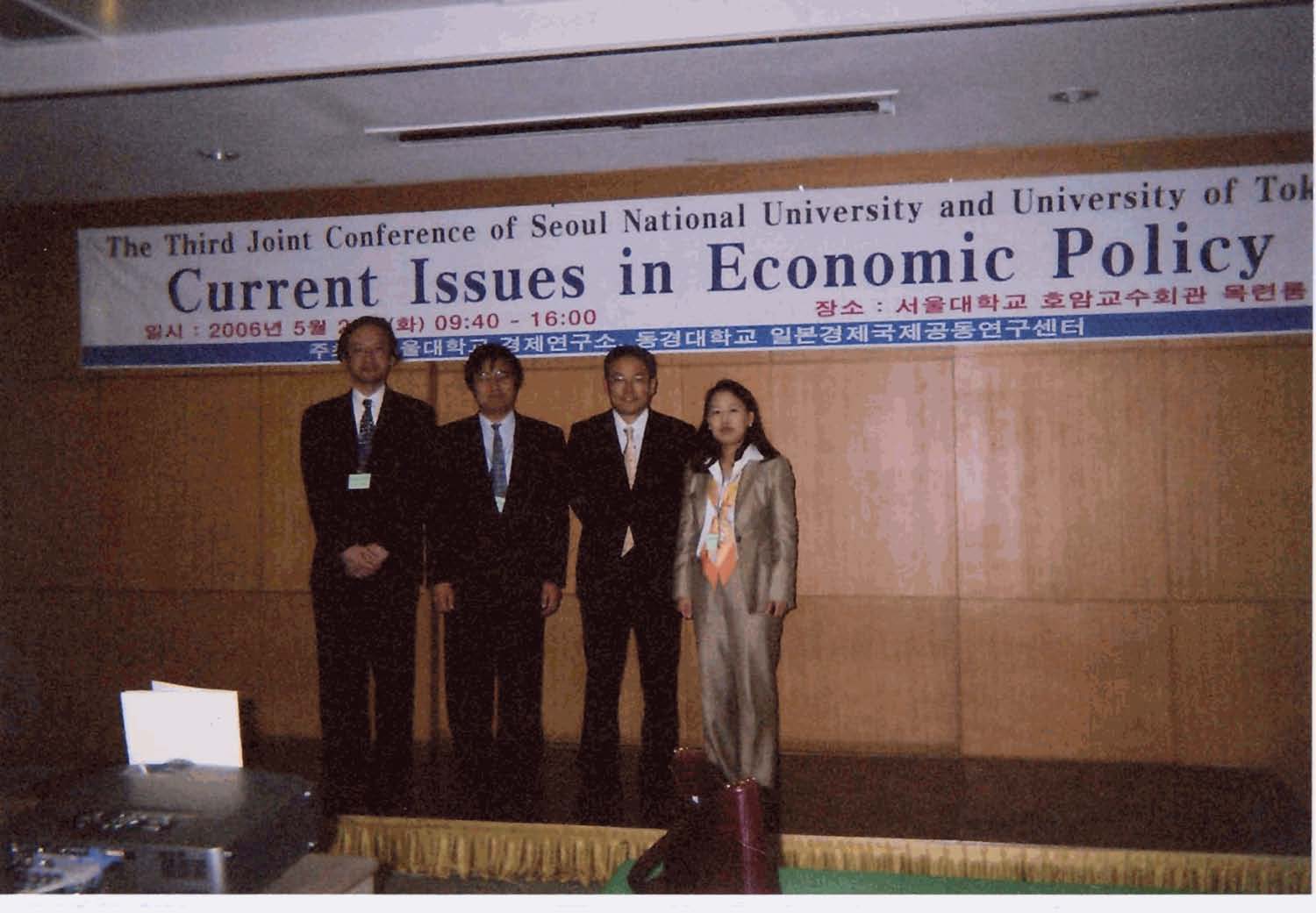
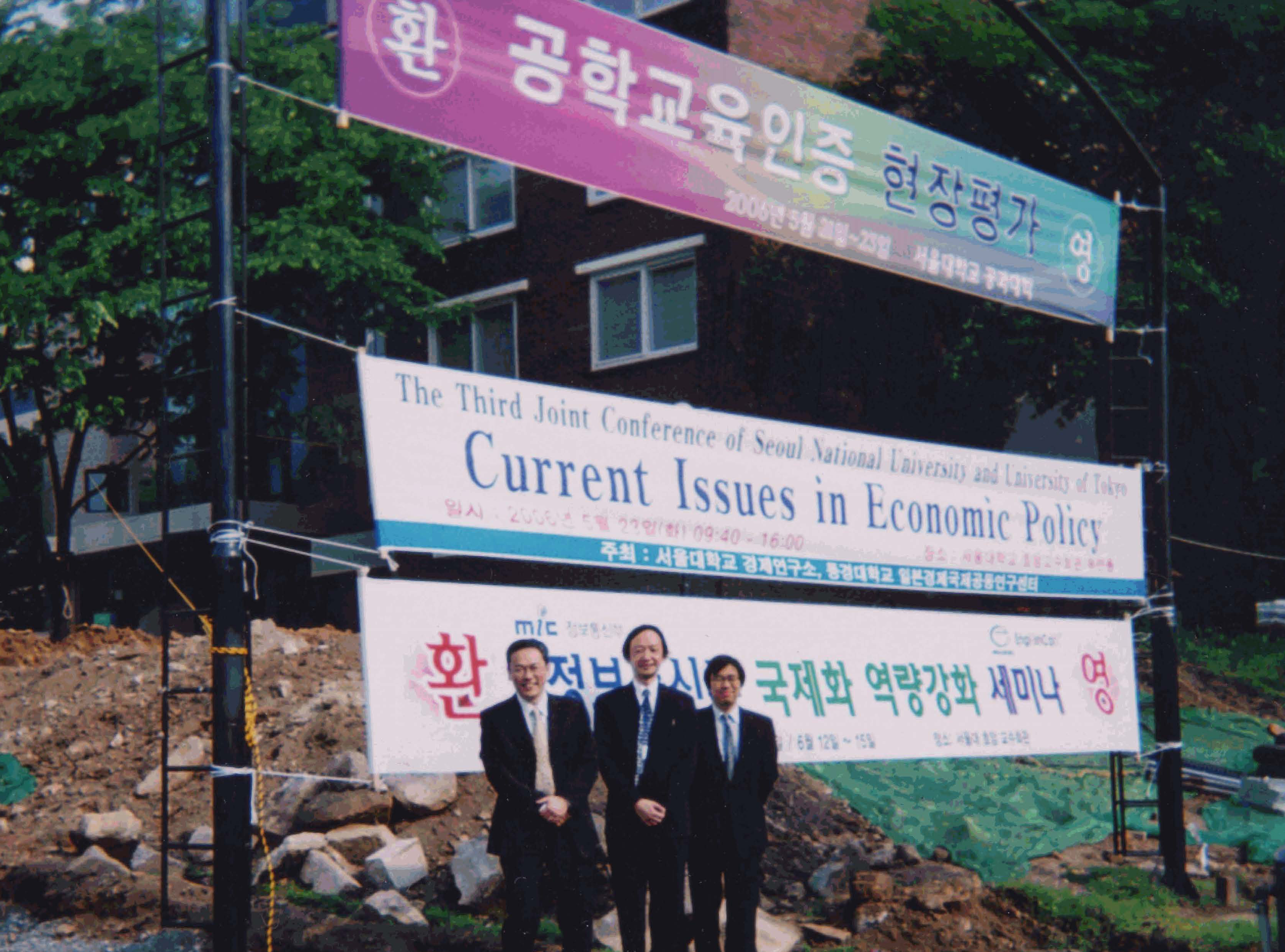
The conference on Contemporary Economic Policy Issues III was held on May 23, 2006 at Seoul National University. In this year 4 papers; "Health、Information, and Migration," (Chulhee Lee, Seoul National University), "On Consumption Insurance Effects of Long-term Care Insurance in Japan: Evidence from Micro Household Data,"(Yasushi Iwamoto, University of Tokyo), "An Economic Analysis of KFTC's Foreclosure Claims in Instant Messengers," (Sang-Seoung Yi, Seoul National University), "Effects of Transparency in Procurement Practices on Bidding Behavior: A Case Study of Experience of Municipal Public Works," (Hiroshi Ohashi, University of Tokyo) were presented and Tetsuji Okazaki (University of Tokyo), (Dae Il Kim, Seoul National University), Yun Jeong Choi (University of Tokyo), Sangin Park(Seoul National University) joined as discussants.


color.png)
